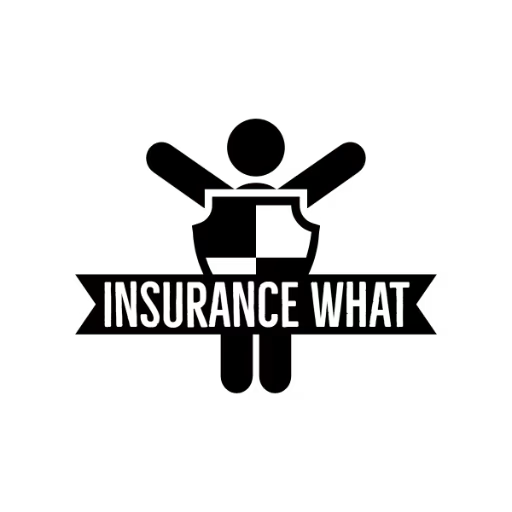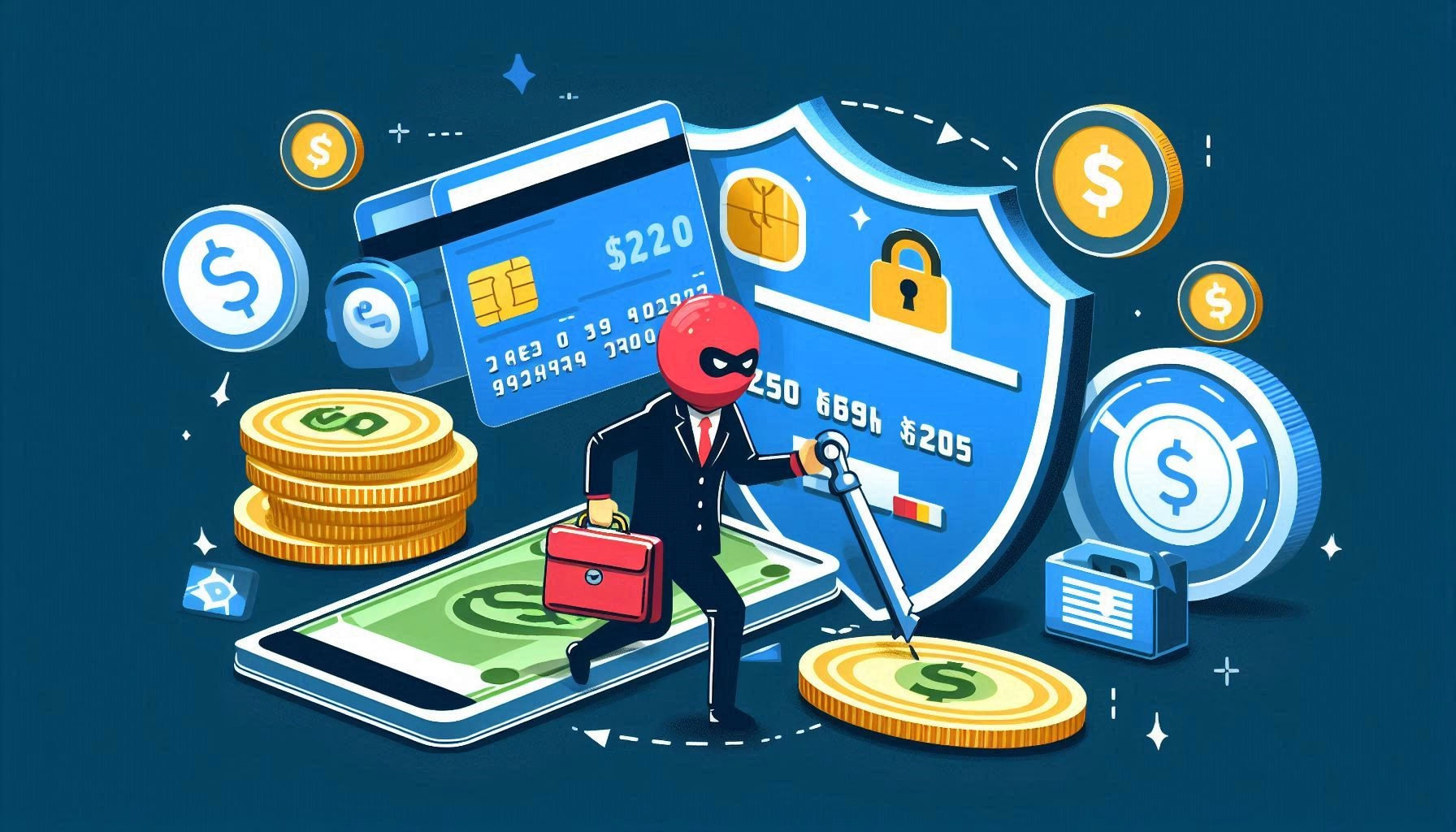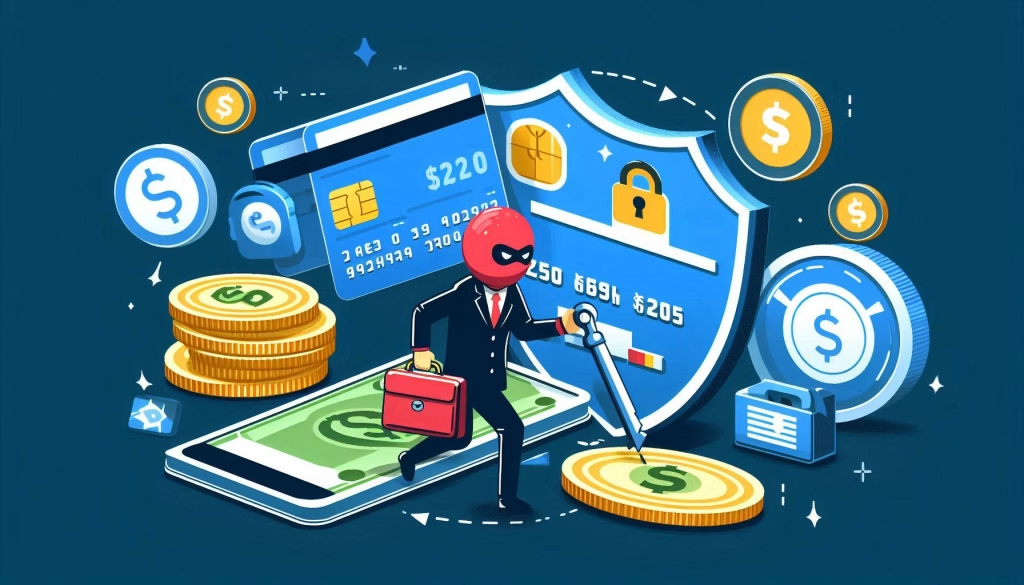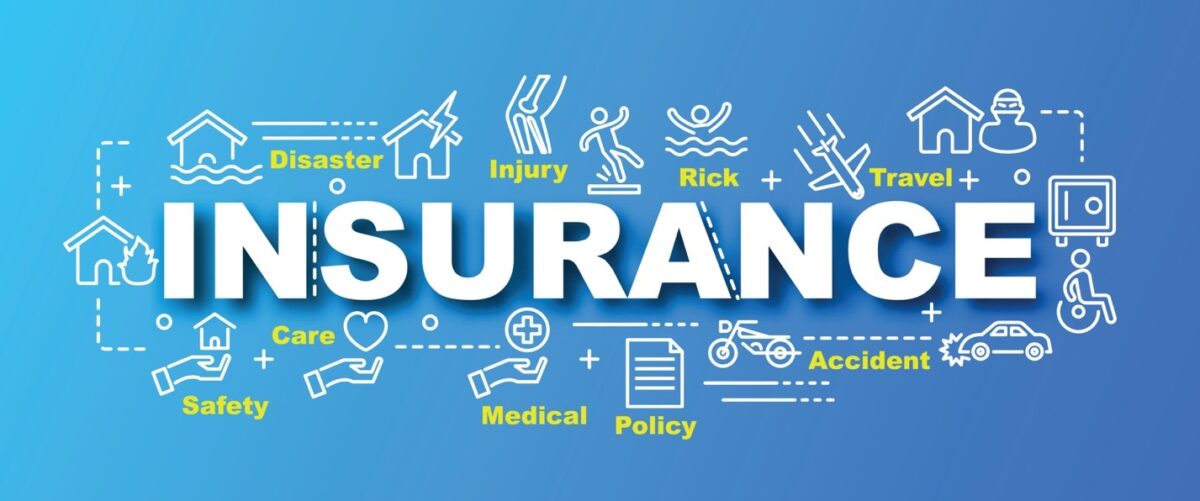Table of Contents
Overview
Credit cards indeed provide numerous conveniences and benefits, which explains their growing popularity among consumers. However, this high demand also makes them a prime target for criminal activities.
The evidence is clear in the rising number of credit card break-in incidents. People are falling victim to credit card theft in various ways, including outright theft, hypnosis, third-party breaches, among others. It is also projected that the number of victims will continue to grow over time.
What should you do if an irresponsible individual compromises your credit card? Consider the following tips.
Handling Broken Credit Cards: Essential Advice
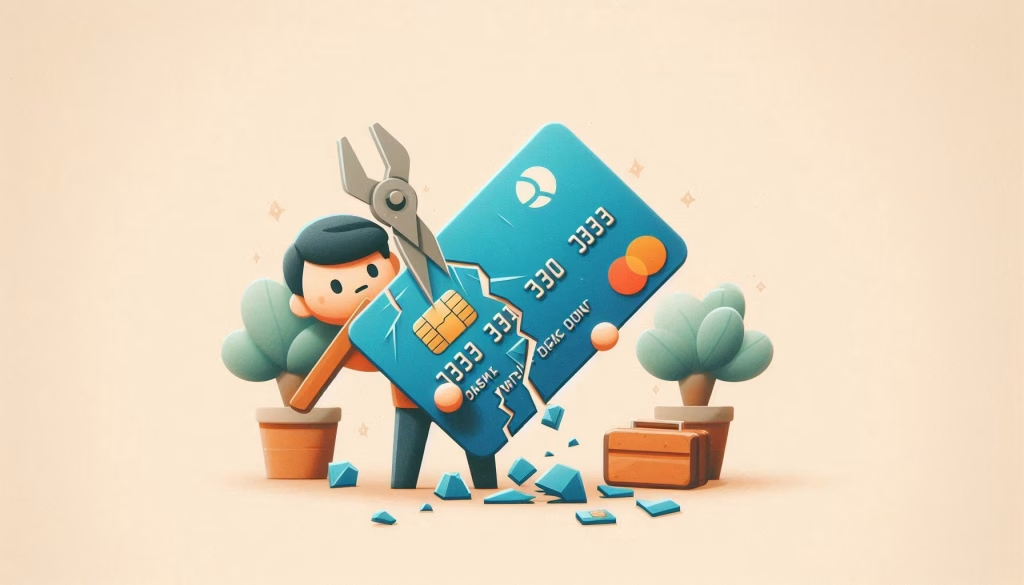
Handling Broken Credit Cards No.1
InsuranceWhat.com
Stay Calm and Don’t Panic
Indeed, maintaining calm after losing something can seem like an insurmountable task. This is particularly true if it involves money, which can preoccupy one’s mind for days. It’s a natural reaction, yet it’s crucial not to succumb to overwhelming panic.
Panicking will only cause your mind to freeze, preventing clear thinking about the necessary actions regarding the credit card breach. Try to remain as calm as possible!
Take a deep breath, then exhale, and do this repeatedly until you feel a bit dizzy. After that, remember the storyline of the credit card break-in. This will facilitate the follow-up investigation process so that the perpetrators are easy to find.
Handling Broken Credit Cards No.2
InsuranceWhat.com
Contact the Call Center Immediately
Similar to when you misplace an item, the subsequent step is to seek assistance. In the context of banking, you should dial the call center number of the relevant bank. Subsequently, report the issue of the credit data breach you have encountered.
Also inform about the nominal of the last transaction paid using a credit card. If later there is a transaction outside of what is mentioned, you can be sure that it is the work of hackers or thieves so that the bank will not charge you the fee.

It is important to have clear information about the nominal amounts, shopping locations, and times to streamline the tracking of credit card transactions. Call centers typically operate 24 hours a day, allowing you to call at your convenience whenever assistance is required.
Handling Broken Credit Cards No.3
InsuranceWhat.com
Block Credit Cards
While contacting the call center, you may also request the blocking of your credit card simultaneously. This measure is taken to prevent any further unauthorized use of the card.
Interestingly, many banks now offer credit card blocking services via mobile banking. This is a convenient option for dealing with cases of credit card fraud, as it eliminates the need to contact the call center or visit the bank’s office; you can simply block the card yourself.
Banks generally employ advanced security systems to ensure the accuracy and security of customer data.
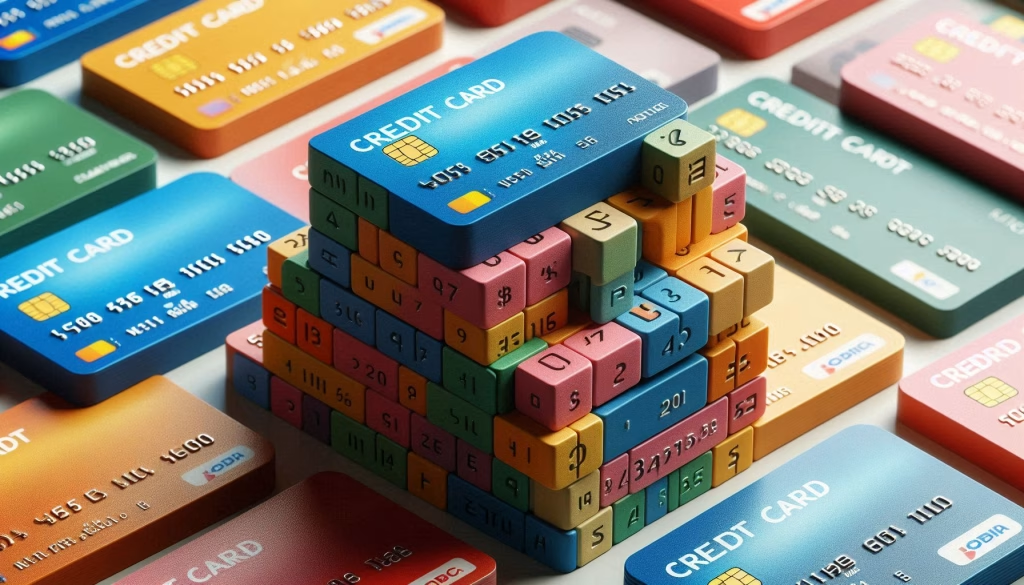
Discover which banks provide blocking services via mobile banking. In the event of a credit card breach, this enables you to respond swiftly and prevent hackers from misusing your card.
Handling Broken Credit Cards No.4
InsuranceWhat.com
Record the Details of the Incident
Even with a sharp memory, it’s not guaranteed that you’ll recall the name of the location, the time, and the date of the credit card incident. Furthermore, if you’re overwhelmed by a non-chaotic sense of panic, then your ability to think clearly may be compromised.
When reporting a lost credit card to the issuing bank, it is advisable to provide complete details including the name of the location, time, date, and a full chronology of the event.
This note becomes even more crucial if you find yourself unable to reach the call center on the day of the incident, as it can still be utilized the following day. Essentially, safeguard it diligently as evidence that your credit card was indeed compromised by an unauthorized party.
Handling Broken Credit Cards No.5
InsuranceWhat.com
Submit a Rebuttal Letter
This letter serves as a formal response to contest, confirm, or reject a decision made by the bank. For instance, if the bank claimsClaim The demands are given by the insurance policyholder to get the right properly so that the insurer pays the conditions according to the existing procedure. that you conducted a transaction at a mall in June 2020, which was not made by you but by someone else, this letter would address that discrepancy.
This is the address where you can send a rebuttal letter to the credit card issuing bank. You may request a rebuttal letter from the bank through email or by visiting the bank’s office directly, ensuring your rebuttal is processed swiftly and with minimal delay.
Given that resolving the issue is not a quick process, it is advisable to allocate 30-45 minutes to address the breach of your credit card. This will allow the bank to make an informed decision and resolve the problem.
However, it’s important to verify with the issuing bank of your credit card if the action is truly required. This inquiry can be made during your call to the customer service center. Should it be deemed unnecessary, there’s no need to go through the trouble of handling a rebuttal letter request.
Handling Broken Credit Cards No.6
InsuranceWhat.com
Replace with a New Credit Card
Once you’ve contacted the call center and blocked your card, the next step is to request a replacement for the blocked credit card. This can be done by visiting the main office or any branch. Alternatively, you can request a replacement during the call when you report the incident. This approach streamlines the card replacement process while ensuring the outcome remains unchanged.

Immediately activate and create a PIN for credit card transactions. Do it in mobile banking and internet banking if you want to use this facility to facilitate transactions.
The Conclusion
Immediate Actions to Take Following a Credit Card Security Breach
Credit card breaches are a common occurrence in the banking industry. They happen frequently, particularly to first-time credit card users. It’s crucial to report such issues to the bank promptly, allowing them to address the situation before the card is misused by unauthorized individuals.
Do you think you have other ideas about Overcoming Credit Card Breaches: 6 Tips You Need to Know? You can comment and share your thoughts below, or discuss more in the InsuranceWhat Forum. Also, read more articles about GLOBAL INSURANCE or other interesting insurance topic articles only at InsuranceWhat.com.
